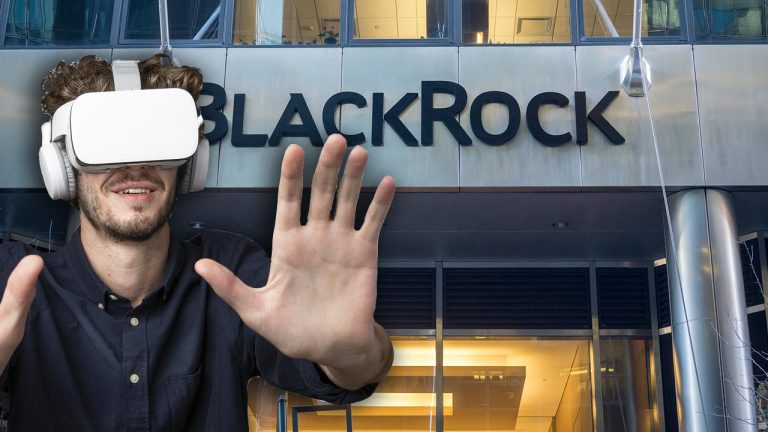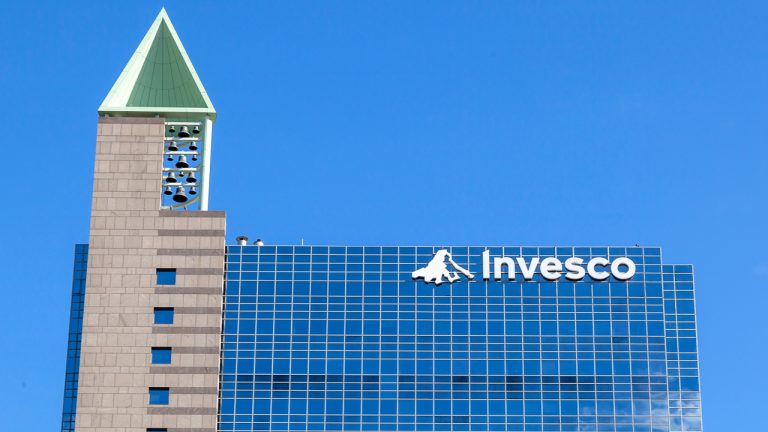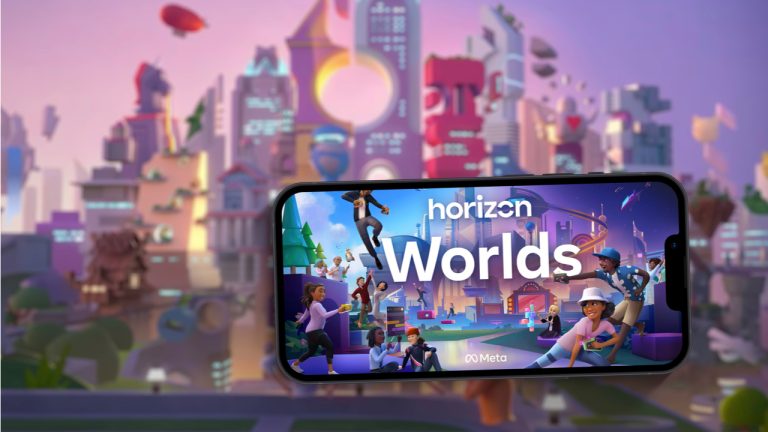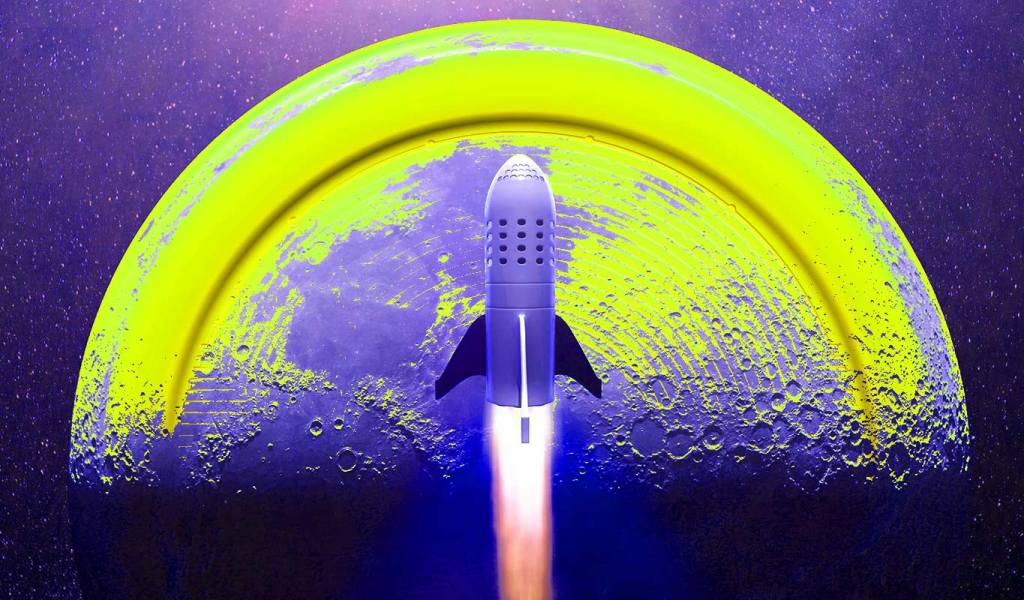
A suite of Microsoft products will feature in Meta’s new Virtual Reality headset, with Meta CEO Mark Zuckerberg calling it the “virtual office of the future.”
Meta Platforms has partnered with technology giant Microsoft to bring a range of Microsoft Office 365 products into Meta’s Virtual Reality (VR) platform, aiming to entice companies into working in virtual environments.
During Meta’s Connect 2022 keynote on Oct. 11, Microsoft CEO Satya Nadella said its Teams video calling app would integrate with Meta’s “Quest” and newly unveiled “Quest Pro” VR headset allowing people to gather in a virtual space akin to a boardroom.
Familiar Microsoft productivity applications such as Word, Excel, PowerPoint, Outlook, and SharePoint will also be made available within Meta’s VR. Nadella added future functionality would include the ability to stream a Windows Cloud computer to Meta’s headsets.

Microsoft’s enterprise-level mobile device and identity management applications will be compatible with Meta’s Quest and Quest Pro headsets, Nadella said, allowing companies to manage and secure VR headsets in their corporate networks just as they would computers or phones.
Meta is betting its Quest Pro headset, packed with new features, will tempt users into a virtual workday. The company claims the new equipment is more comfortable, has better performance and improved clarity with higher resolution over its existing headset.
The Quest Pro is also said to have “more intuitive” feedback on its hand controllers and what’s called “real-time expression tracking,” in which the user’s virtual avatar mimics the facial expressions, such as smiles and winks, of its real-life counterpart.
In the keynote, Nadella said the pandemic has brought about a “once-in-a-lifetime” chance in formerly office-based work environments, referring to the ongoing remote work policies first implemented due to COVID-19 restrictions.
“We’re bringing the Microsoft Teams’ immersive meeting experience to Meta Quest in order to give people new ways to connect with each other,” Nadella said, adding: “Now, you can connect, share and collaborate as though you are together in person.”
“As in-person work ramps up, we want everyone to have the ability to feel like they’re present,” Meta’s CEO Mark Zuckerberg added.
Microsoft Teams will also be cross-compatible with Meta’s VR space for business meetings called Horizon Workrooms, Zuckerberg said this cross-device experience will be “the foundation of the virtual office of the future.”
Related: Facebook’s metaverse will ‘misfire,’ says Vitalik Buterin
Since the company changed its name from Facebook Inc to Meta last year, its focus and resources have heavily shifted into building what Zuckerberg calls an “open” and “interoperable” Metaverse.
It hasn’t come cheap with the company’s research and development arm, Reality Labs, burning through billions of dollars to put forward the hardware and virtual worlds required, spending $5.7 billion alone so far in 2022.
Despite the losses, Zuckerberg was adamant about the “massive opportunity” in a July Q2 earnings call, even acknowledging that such losses could continue for several more years.











